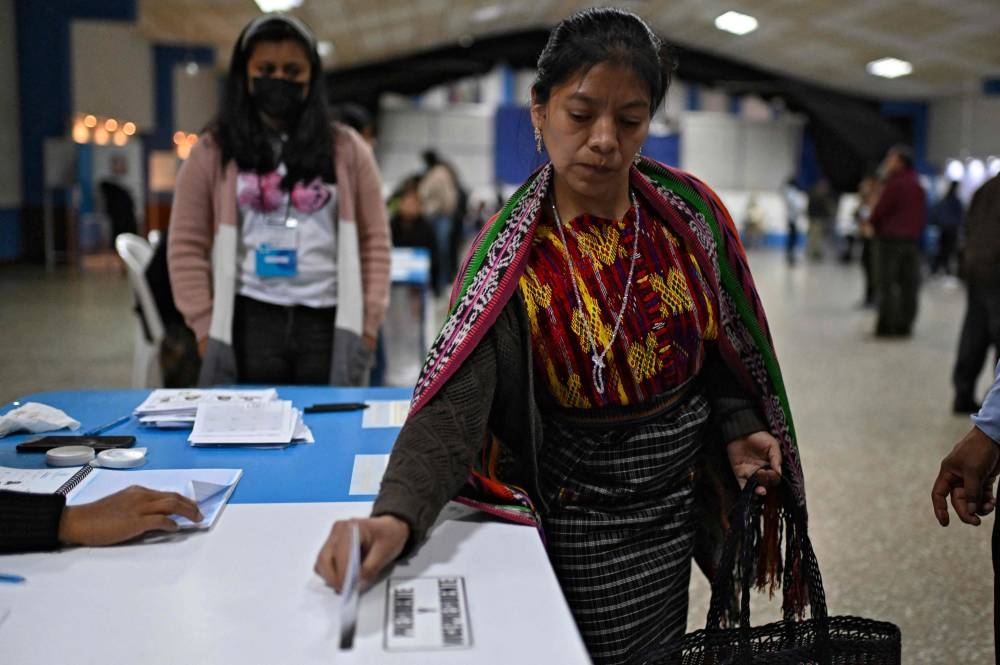Guatemalans voted on Sunday in a presidential run-off marked by the harassment of a surprise frontrunner, who has fired up voters with his promises to end the rot of corruption.
The race pits reformist outsider Bernardo Arevalo against former first lady Sandra Torres, both social democrats, meaning Guatemala will have its first leftist leader in over a decade.
Polling stations opened at 7am local (1300 GMT) and voting was to end at 6pm (0000 GMT).
The Central American nation is dogged by poverty, violence and graft, with thousands of its citizens heading abroad every year in search of a better life, many to the United States.
Arevalo’s unexpected success in the first round was followed by raids against his Semilla party offices and those of electoral officials, prompting the United Nations, the European Union, and the Organisation of American States to raise the alarm over efforts to undermine the vote.
“The real power of democracy comes from respecting the will of the people,” the US assistant secretary for Western Hemisphere affairs, Brian A Nichols, posted on social media on Friday.
“We have been the victims, the prey, of corrupt politicians for years,” Arevalo, a 64-year-old sociologist and former diplomat, said recently. “To vote is to say clearly that it is the Guatemalan people who lead this country, not the corrupt.”
Arevalo is the son of the country’s first democratically elected president, Juan Jose Arevalo.
When the older Arevalo came to power in 1945, he ended the dictatorship of Jorge Ubico, an admirer of Hitler who had forced landless Mayans to work on government projects.
Just days before Sunday’s vote, prosecutor Rafael Curruchiche – sanctioned by Washington for corruption – said he did not rule out more raids and possible arrests after the elections.
Arevalo is leading with 50%, according to the most recent survey by CID Gallup and the Freedom and Development Foundation, with Torres coming in second with 32%.
Torres, 67, is the ex-wife of deceased leftist president Alvaro Colom. She is taking her fourth shot at the presidency and has focused on violent crime and poverty.
On Friday, she raised doubts about the objectivity of the country’s electoral board, accusing it of leaning toward Arevalo’s party.
She has dismissed Arevalo as a “foreigner” because he was born in Uruguay while his father was in exile.
The winner will replace unpopular right-wing President Alejandro Giammattei, who is constitutionally limited to one term.
The first round of the election in June saw low voter turnout and more than 17% of ballots cast invalid, with little hope among Guatemalans that their fortunes would change.
Around 9.4mn of the country’s 17.6mn people are eligible to vote.

A woman of the Q’eqchi Indigenous ethnic group casts her vote at a polling station in the municipality of San Juan Sacatepequez.
